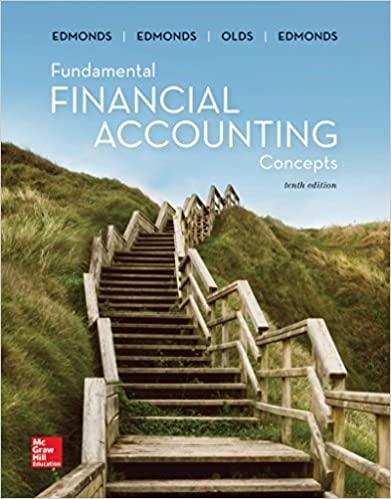Question
From the list of examples below, identify which are considered to be Type 2 subsequent events. 1. The settlement of a lawsuit after the reporting
From the list of examples below, identify which are considered to be "Type 2" subsequent events.
1. The settlement of a lawsuit after the reporting period for an amount different from what was originally estimated.
2. The purchase of a business.
3. Deterioration in operating results and financial position after year end that is so significant that it may indicate that the going concern assumption is not appropriate to use in the preparation of the financial statements.
4. The bankruptcy of a customer subsequent to year end, which would be considered when evaluating the adequacy of the allowance for doubtful accounts.
5. The issuance of shares or debt securities.
6. An amount received with respect to an insurance claim that was being negotiated at year end.
7. The uninsured (or underinsured) loss of plant or inventory as a result of a fire or flood subsequent to year end.
Step by Step Solution
There are 3 Steps involved in it
Step: 1

Get Instant Access to Expert-Tailored Solutions
See step-by-step solutions with expert insights and AI powered tools for academic success
Step: 2

Step: 3

Ace Your Homework with AI
Get the answers you need in no time with our AI-driven, step-by-step assistance
Get Started


